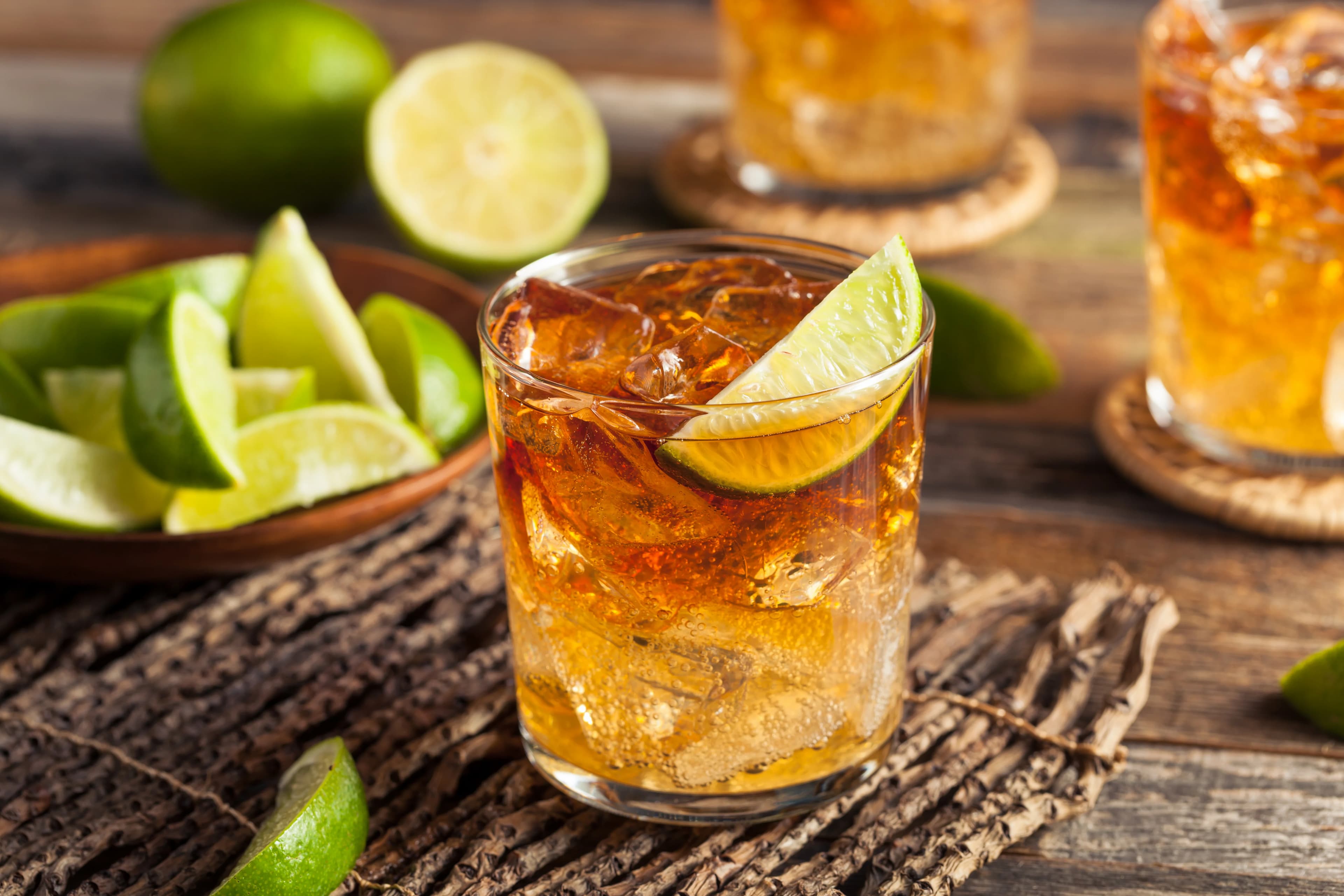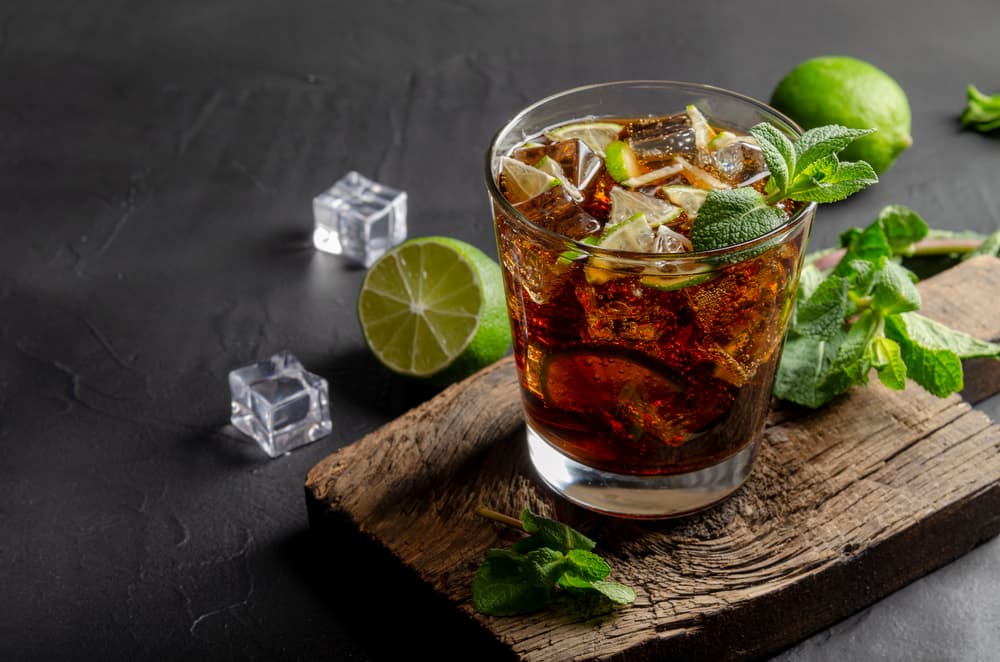Rum 101, 8 Of The Most Asked Questions Explained

There are some spirits in the everyday bar that have pretty rigid uses, and then there are some that can do it all. Whether it’s a warming pick-me-up on a chilly winter evening or the core of a jolly vacation cocktail, complete with an umbrella, rum is one of the most versatile spirits around, and recently, it's been seeing a resurgence in popularity.
Since rum is quickly becoming the go-to favourite for bartenders, mixologists and home bar aficionados across the world, it’s the perfect chance to get to know it better. Here’s a quick introduction to 8 things you should know about rum.
8 Frequently Asked Questions About Rum
What Is Rum?
The perfect starting point to get to know rum is to understand what it is. It’s one of the least classified spirits, meaning there aren’t a whole lot of rules and regulations around how it’s made, but at its core, rum is a distilled alcoholic beverage made from sugarcane byproducts, such as molasses, or directly from sugarcane juice. It undergoes a fermentation and distillation process, resulting in a wide range of styles and flavours.
How Is Rum Made?
There are 2 major types of rum. The traditional style (also known as the industrial style) and the agricultural style (rhum agricole). The first is made from molasses and the second from sugarcane juice. The production cycle involves fermenting these sugarcane byproducts, distilling the liquid, and then ageing it in barrels. The variations in raw materials, fermentation, distillation methods, and ageing processes contribute to the diverse characteristics found in different rums.
What Are The Different Types Of Rum?
Rums are usually classified based on their colour. All rum starts off clear and colourless and takes on different hues depending on how long it's aged and in what container. The main distinction lies in the ageing process. Dark rum is aged longer and often in charred barrels, imparting a deeper colour and complex flavour such as Captain Morgan Dark Rum which has notes of spices and vanilla.
Where Does Rum Come From?
Anywhere there’s sugarcane, there can be rum, but historically, rum has its roots in the Caribbean, where sugarcane thrives. Thanks to modern technology and easy trade routes, the whole world has access to this beloved spirit and it is now produced in various regions worldwide, including Latin America, the United States, and even the United Kingdom.

What Is Navy-Strength Rum?
Sailors have long been associated with rum since they were the ones who introduced it to the world after encountering it on their travels. Navy-strength rum is best defined as rum with a minimum alcohol content of 57% ABV, equivalent to 114 proof. The origin of this term harks back to the golden era of the British Royal Navy, where sailors were issued a daily ration of rum.
How Should I Drink Rum?
As with most spirits, there’s no one correct way to enjoy rum. It can be sipped neat or over ice or as part of a cocktail, um’s adaptable nature comes in handy that way. The choice depends on personal preferences and the type of rum. Rum cocktails showcase the versatility of this spirit. Popular choices include the Mojito and Piña Colada, as well as the Mai Tai, Daiquiri, and Dark 'n' Stormy.
Does Rum Expire?
Don’t worry about that bottle sitting at the back of your bar cabinet, it will likely be safe till you need it. Rum does not spoil like perishable goods, but its flavour can evolve so it’s important to store it in the proper place away from direct sunlight and extreme temperatures, which can help preserve the quality of the spirit for even longer periods.
Is Rum Vegan And Gluten-Free?
Absolutely! The majority of rum brands align with vegan dietary preferences. However, it's essential to be cautious with rums infused with honey. Distilled alcohol, including rum derived from sugarcane, is typically gluten-free as the distillation process removes gluten peptides. However for spiced and flavoured rums, additives could interfere with that, so it’s essential to read the ingredient list carefully.

